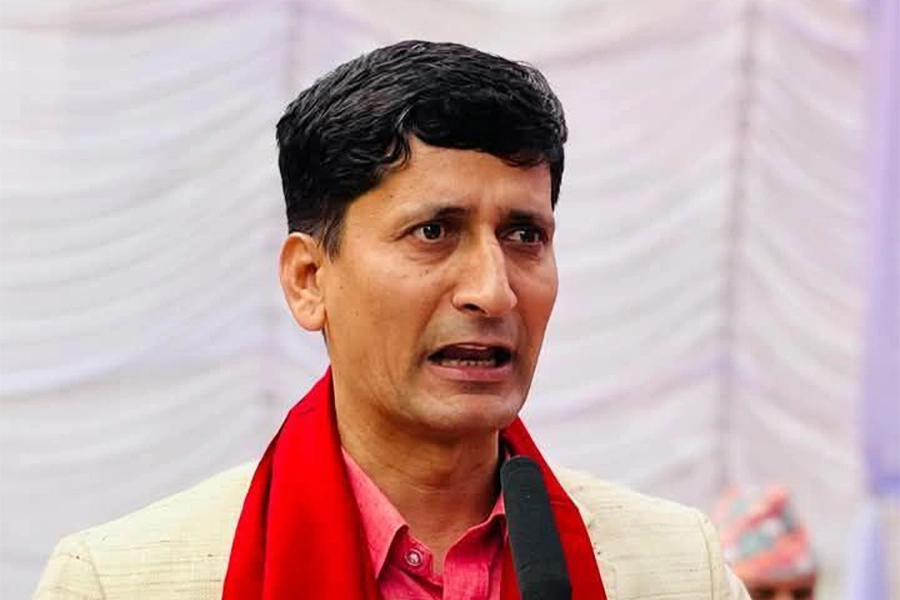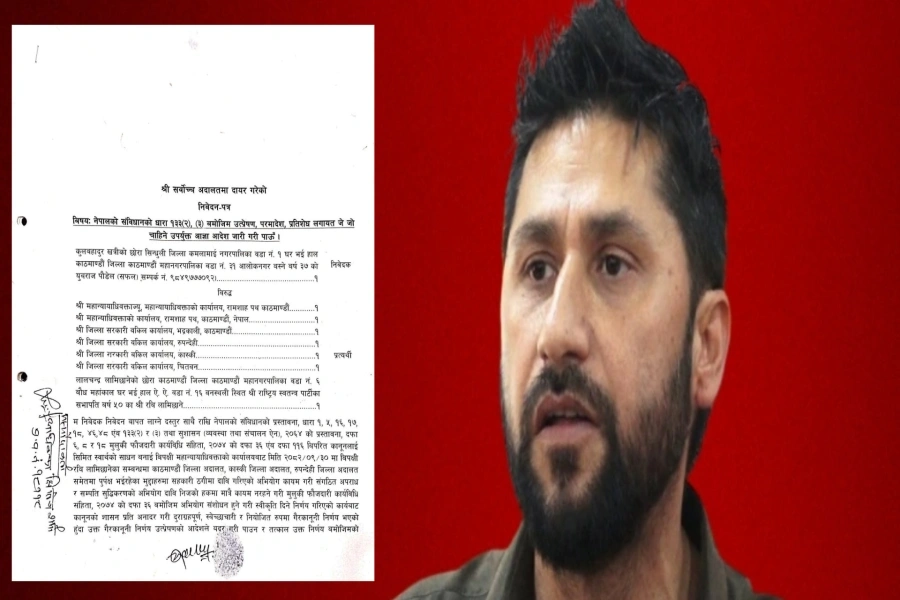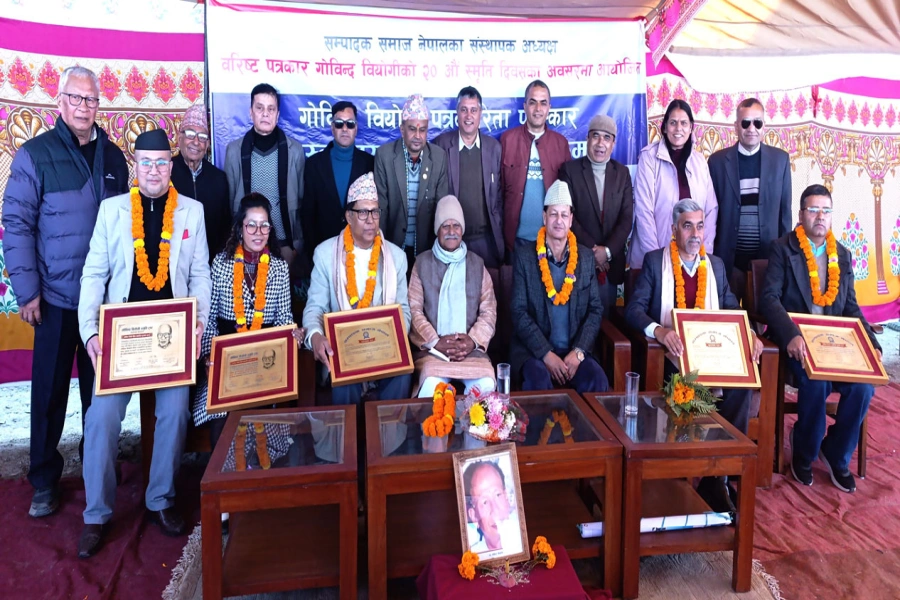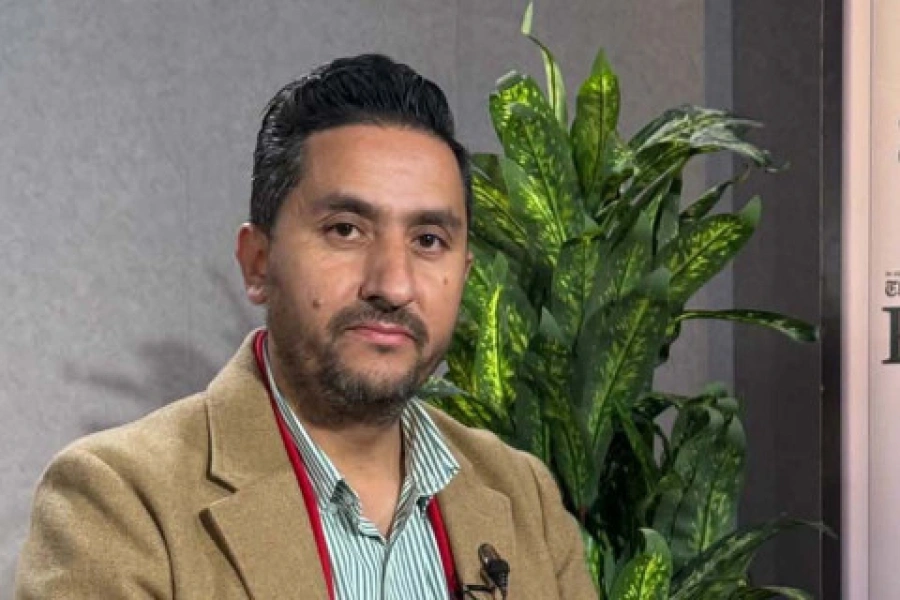KATHMANDU, Jan 25: The government has announced that it is preparing to bring a consumption based tariff policy on electricity to boost consumption with the rise in electricity generation.
Ministry of Energy, Water Resources and Irrigation has prepared a proposal in which more consumption of electricity will be cheaper per unit. Barshaman Pun, Minister of Energy, Water Resources and Irrigation, informed that the proposal has been forwarded to the Nepal Electricity Authority.
Electricity Regulatory Commission proposes new directive for el...

“Earlier, there was low supply and high demand, so to manage the load we had motivated people to consume less electricity,” said Pun, “Before this government, there was 900 megawatt electricity. Right now, it has increased 400 megawatt and reached to 1300 megawatt, so we are inclined to increase consumption.” Minister Pun also informed that in this fiscal year 2019/2020, around 1,000 megawatt will be added to the national transmission grid.
According to Pun, new electricity prices will be determined by categorizing consumers into groups. Family of four/five members in a village and people staying in rent in Kathmandu are sufficient within 50 units per month on use of electrical appliances and induction stove,” said Pun, “This is cheaper than gas.” Customers with 51 to 400 units can use iron, washing machine, fridge and other electrical appliances.
“We are developing the system which can calculate the cost on use of various electrical appliances,” said Pun, “In every group, the cost of electricity will be less than before, and more consumption will also cost less.”
In this fiscal year, the Promotion of Renewable Energy Centre provided 10,000 induction stoves as grant and in the upcoming year, it will be increased to 100,000, according to Pun. “Cooking with firewood takes a lot of time and it also affects the health of women and children,” he said, “Use of Induction stoves will not only increase electricity consumption but also saves time and is less harmful to the environment and the health of families.”







































